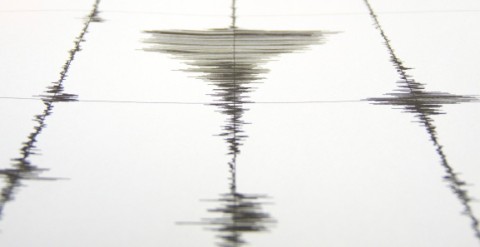The way to change history is to live out your story
When seismic shifts unseat us, it’s the ordinary that puts us back together again.

Reading history sometimes feels like reading fiction. We read the direct quotes. We know the people are real, had families, woke up each day. But they are so far away from us, these accounts and timelines of brave people, horrible people, or disasters so big we can’t quite comprehend them. These events can’t be real, especially when you read about them from the ordinariness of a typical Tuesday after dinner, with the glow of your 13-year-old’s screen in the chair next to you.
Until the news breaks and you see the ticker “Russian troops have crossed the Ukrainian border” or “Confirmed cases have risen to 2,000 per day.” Or you watch reports of overflowing hospitals or of the violent retrenchment of laws that seem more a part of the world we read about in textbooks than of the world we should be living in now.
Then you turn off the TV or put down your phone, because the dog has to go out.




